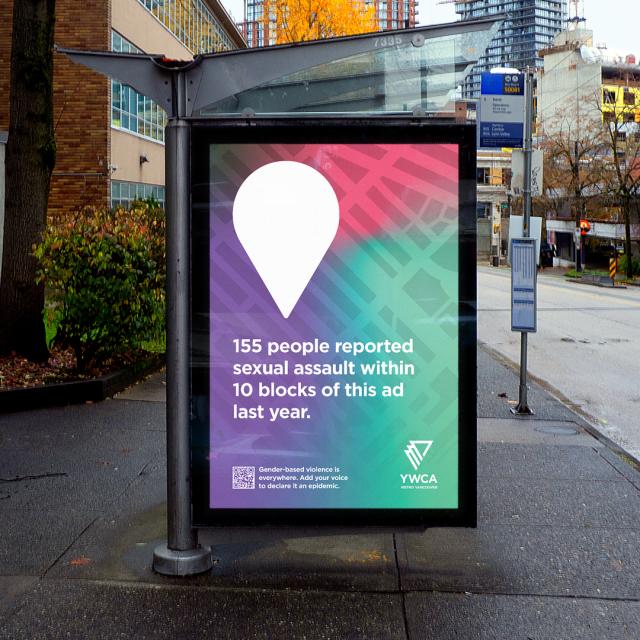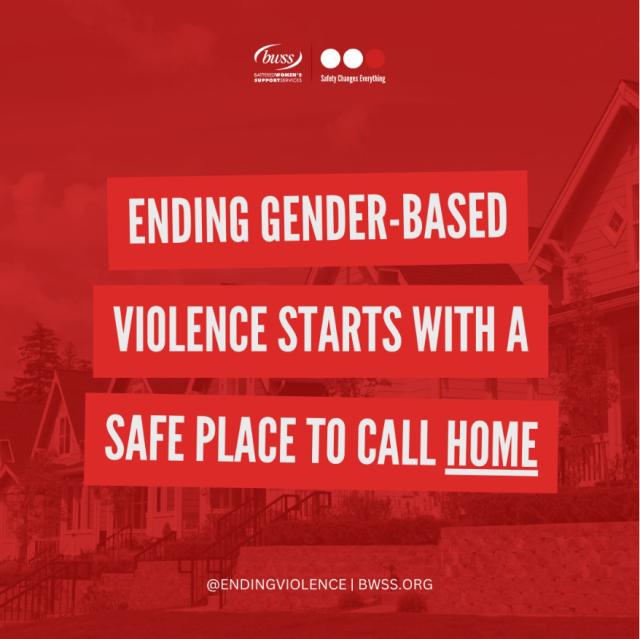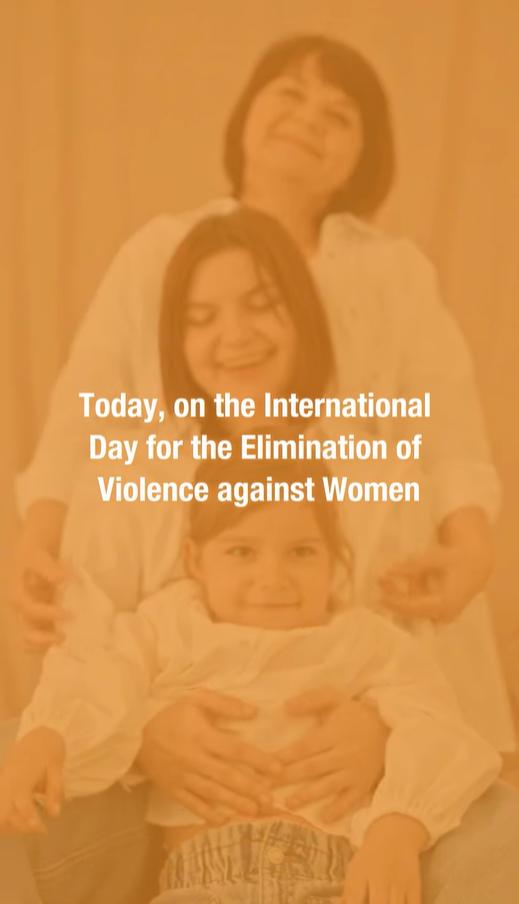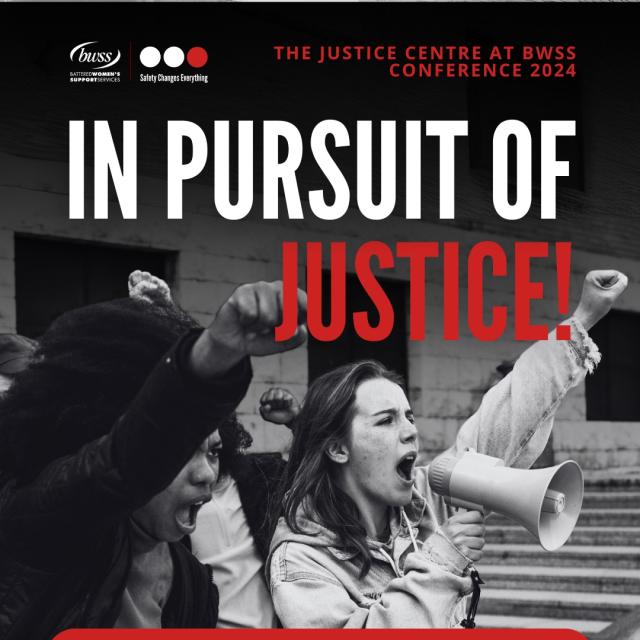
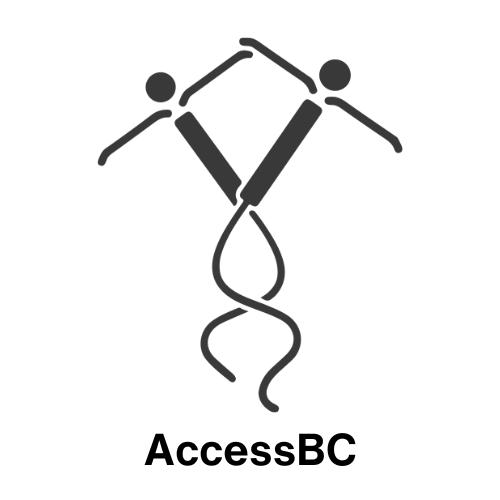
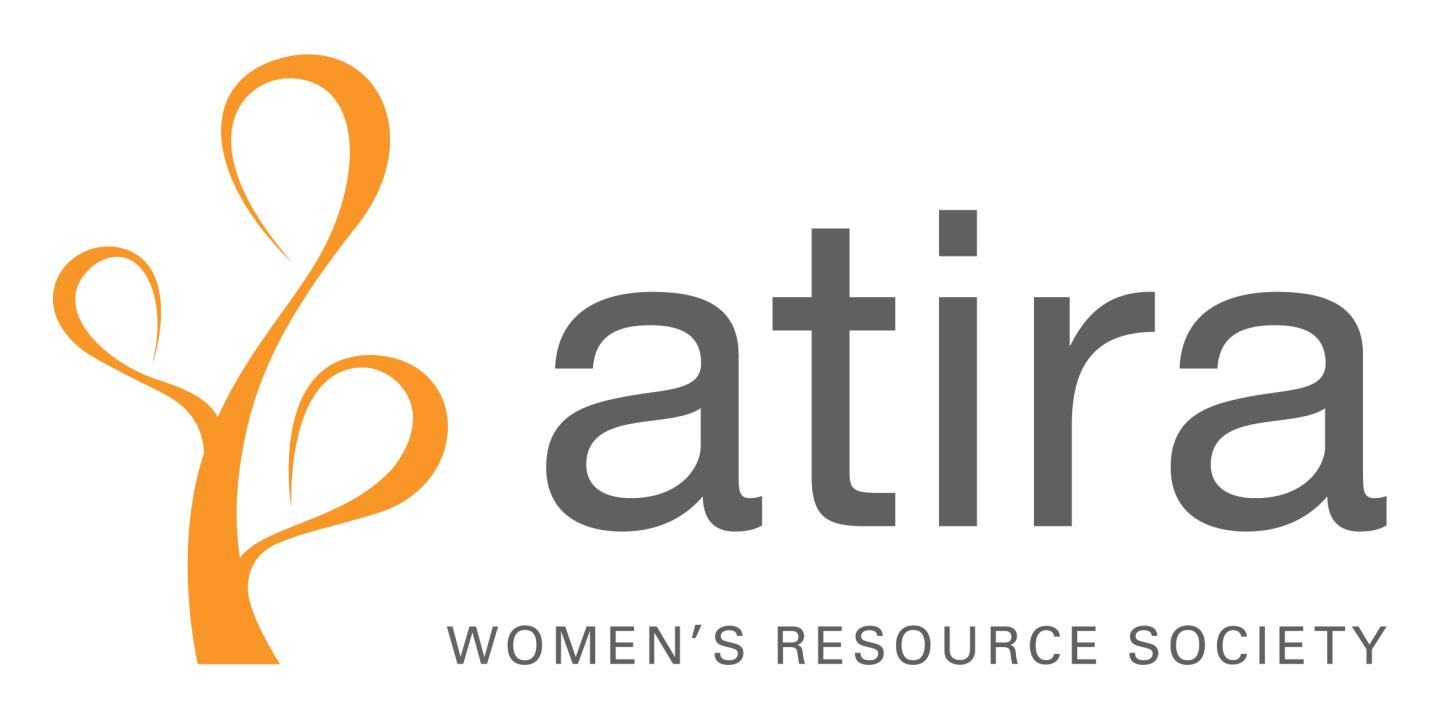


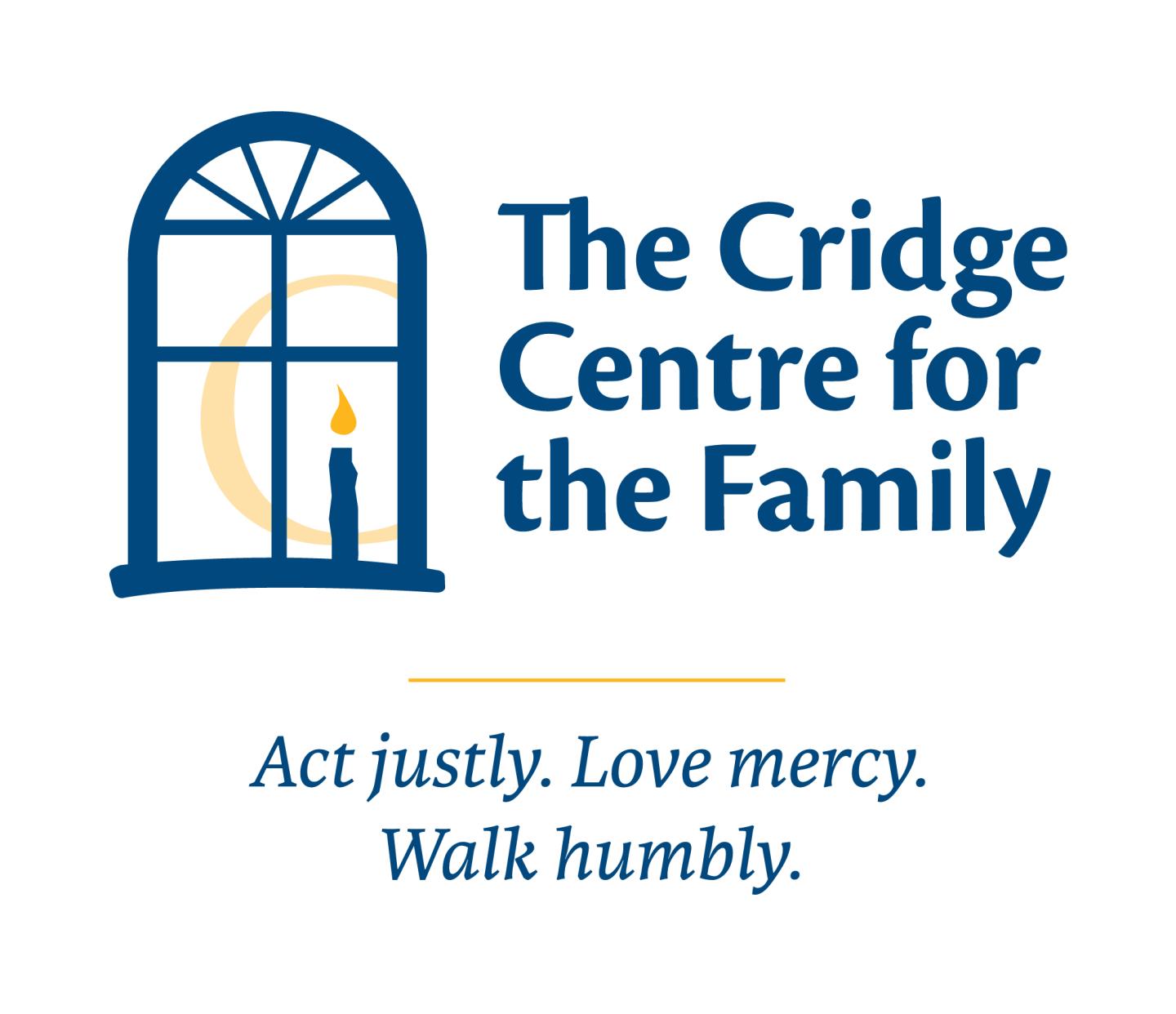
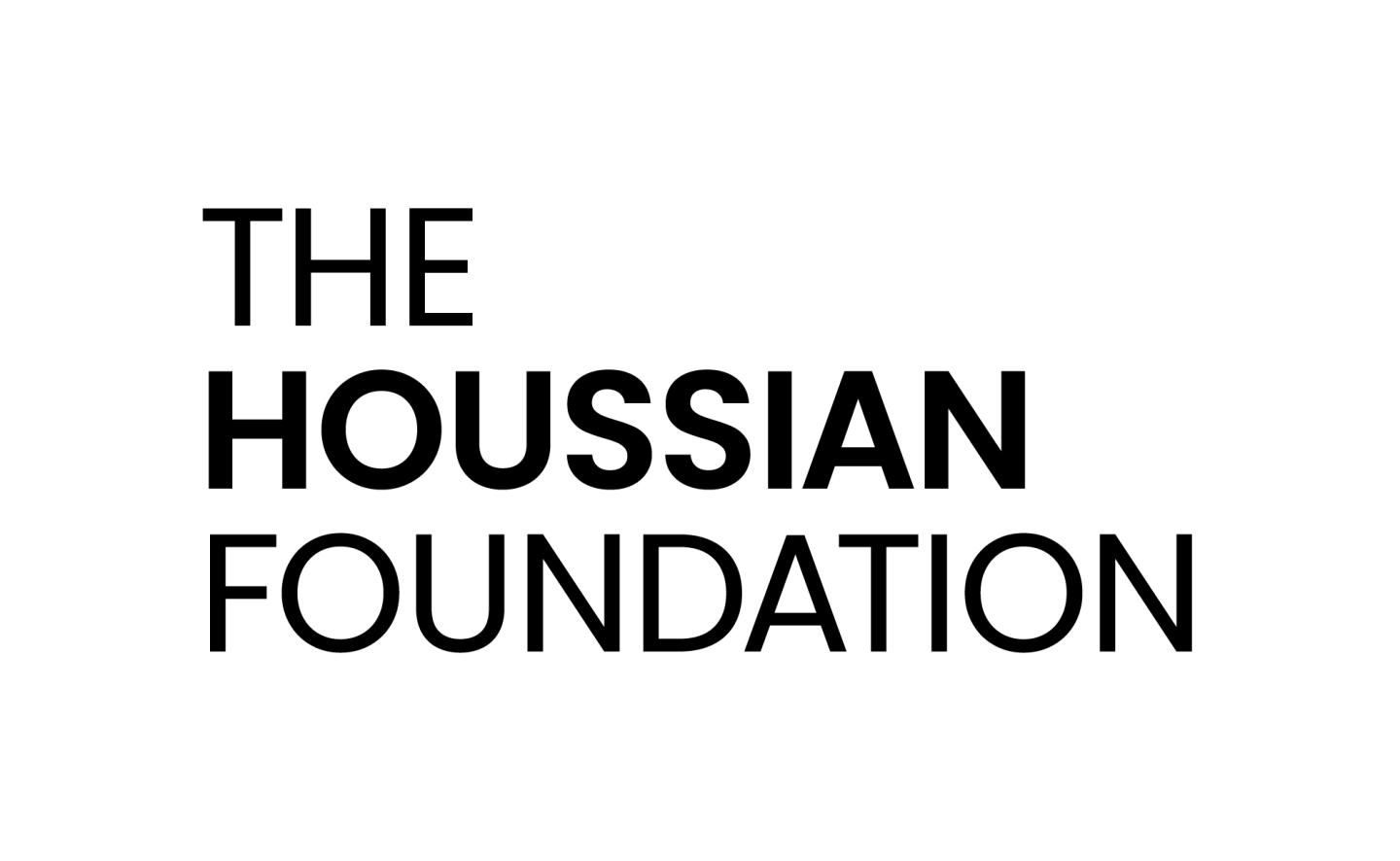
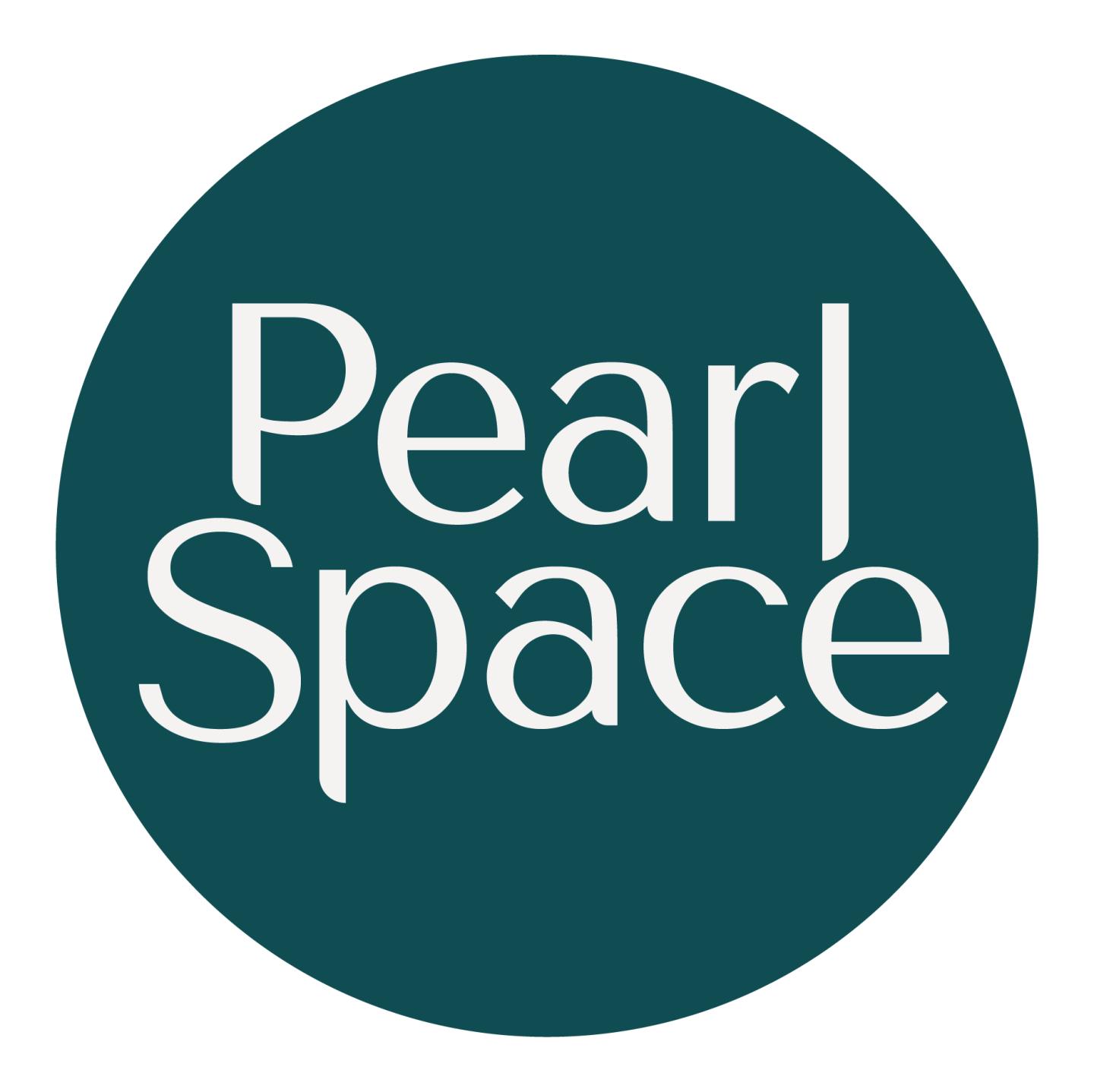

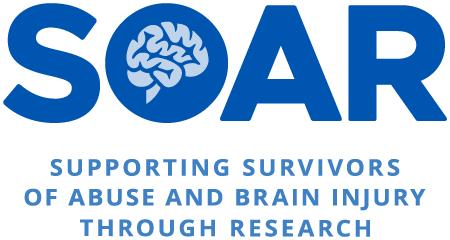



Gender-based violence is any act of violence centred on a person’s gender, gender expression, gender identity or perceived gender. It can include emotional, physical, financial and sexual violence, and its impacts can span generations. (Government of Canada)
Gender-based violence goes beyond intimate partner violence and includes all forms of gendered violence, both within and outside of intimate relationships. Gender-based violence also includes all forms of sexual violence, sexual harassment and online gendered harassment.
Who is most at risk?
Anyone can experience gender-based violence, but women, girls and gender diverse people are at far greater risk. Those who face additional barriers and discrimination, including Indigenous women, unhoused women and Two-Spirit and trans people are disproportionately impacted.
Acknowledging gender-based violence as an issue of epidemic proportions is a critical step in recognizing its severity and coordinating efforts to address its root causes. At least one woman or girl is killed every two days across Canada and in BC, nearly 30 percent of women have experienced physical or sexual intimate partner violence.
Research shows that declaring an epidemic results in increased public awareness, better data collection and research, increased diagnosis and prevention, and long-term behavioural changes.
“Declaring intimate partner violence as an epidemic is not merely a symbolic act, it’s a critical step toward mobilizing a comprehensive and coordinated effort to address its root cause, support survivors and hold perpetrators accountable.” (CityNews Toronto, quoting a victim’s mother)
- Between 2018 and 2022, 850 women and girls were killed across Canada. That means at least one woman or girl was killed every two days. However, femicide is not included in the Canadian Criminal Code (Canadian Femicide Observatory for Justice and Accountability)
- 29.8% of women in British Columbia report experiencing physical or sexual assault from an intimate partner since the age of 15 (Statistics Canada)
- One in five Canadian women, girls and gender-diverse people report experiencing online hate and harassment (Canadian Women’s Foundation). This is a growing issue and can include non-consensual sharing of intimate images, cyberstalking, online harassment and insults
- Women living in Canada are almost four times more likely than men to have been sexually assaulted at least once since the age of 15, according to self-reported data (Government of Canada)
- According to research conducted by A. S. Ivany and D. Schminkey1, as many as 92 percent of women who have experienced intimate partner violence demonstrate signs and symptoms of traumatic brain injury
- Financial impacts of gender-based violence can include an inability to work and loss of wages, lengthy and costly court battles, loss of housing and property and counselling and health care costs (Province of BC)
1. A. S. Ivany and D. Schminkey, “Intimate partner violence and traumatic brain injury: State of the science and next steps,” Fam. Community Heal., vol. 39, no. 2, pp. 129–137, 2016
Despite various initiatives aimed at addressing this crisis, the prevalence and severity of GBV remain alarmingly high. In response, YWCA Metro Vancouver, in collaboration with a coalition of anti-violence organizations, academic experts, business leaders, community advocates and educators, is launching an initiative to declare GBV an epidemic in BC.
Shauna Shortt
Senior Manager, Advocacy and Government Relations
YWCA Metro Vancouver
sshortt@ywcavan.org
Hon. David Eby, Premier of British Columbia
Office of the Premier
Legislative Assembly of British Columbia
501 Belleville St., Victoria, BC V8V 1X4
By email: premier@gov.bc.ca
RE: Declare Gender-based Violence an Epidemic in British Columbia
Dear Premier Eby,
We are writing today as advocates, experts and concerned service providers who support survivors of gender-based violence.
In your election platform, you highlighted the importance of making BC safer and more inclusive for women, girls and 2SLGBTQIA+ people. As you form a new government, you have the opportunity to acknowledge the severity of gender-based violence and commit to preventing it. Declaring gender-based violence an epidemic would be a monumental step toward recognizing it as a health and social issue that warrants a significant and meaningful response.
Gender-based violence is pervasive in our province, with nearly 30% of women experiencing physical or sexual intimate partner violence, according to Statistics Canada. That figure is much higher for Indigenous women in BC, reaching 42%. Even with those statistics, we know gender-based violence continues to be an underreported crime due to its complexity and stigma.
Across Canada, at least one woman or girl is killed every two days, according to the Canadian Femicide Observatory for Justice and Accountability (CFOJA). Even so, femicide—which the UN describes as an intentional killing with a gender-related motivation—is not part of Canada’s criminal code. Data from CFOJA shows there were 21 femicides in BC in 2023. The year before that, 24 women were killed. But even one gender-motivated death is too many.
As service providers and advocates, we see firsthand just how many women, gender diverse people and their children experience violence. Many of our organizations have hundreds of women and children on our shelter and transition housing waitlists, as families fleeing violence search for a safe place to live. Support for the sector is more crucial than ever, and more action needs to be taken.
Declaring gender-based violence an epidemic will lead to increased public awareness, but more than that, it will demonstrate to survivors that your government recognizes the frequency and severity of the problem and is committed to taking steps towards its prevention.
Declaring gender-based violence an epidemic also acknowledges this critical issue requires a whole of society response. The negative effects of gender-based violence reach far beyond the individuals who directly experience them; it can have long-lasting and negative health, social and economic effects that span generations.
We know the provincial government has taken steps through Safe and Supported: BC’s Gender-Based Violence Action Plan and by appointing Kim Stanton to review the treatment of sexual violence and intimate partner violence in the province’s legal system. And nearly two years ago, Dr. Bonnie Henry identified eliminating gender-based violence as a “public health priority.” It’s now time to take that one step further.
To address the urgency of this issue, we ask that you include a declaration of gender-based violence as an epidemic in your upcoming ministry mandate letters. We know that governments and policymakers can have a lasting impact by choosing to invest in violence prevention, early intervention and survivor support services. As a coalition of advocates, experts and concerned service providers, we will present to your government additional recommendations for action to address gender-based violence. We invite you to meet with us to discuss this issue in greater detail and to review the attached backgrounder.
By taking bold action today and declaring gender-based violence an epidemic, your government will demonstrate its commitment to improving the safety, health and overall well-being of women and gender-diverse people in our province. We urge you to make this vital commitment.
Sincerely,
Erin Seeley, CEO, YWCA Metro Vancouver
In collaboration with the following individuals and organizations:
Alliance of BC Students
AMS Sexual Assault Support Centre
Allison Mclauchlan, Executive Director, Kamloops & District Elizabeth Fry Society
Amy S. FitzGerald, Executive Director, BC Society of Transition Houses
Andrea Reimer, former Vancouver City Councillor, Adjunct Professor, UBC School of Public Policy and Global Affairs and Founder & Principal, Tawaw Strategies
Ange Valentini, Government Relations Professional, Strategist and Community Organizer
Ashley Oakes, Executive Director, PearlSpace
British Columbia Federation of Students
Chantelle Krish, CEO, Big Sisters of BC Lower Mainland
Chantelle Spicer, Campaign Manager, BC Poverty Reduction Coalition
Dalya Israel, Executive Director, Salal Sexual Violence Support Centre
Donne Rosa, CEO, Atira Women’s Resource Society
Graduate Student Society - UBC Vancouver
Heidi Worthington, CEO, YMCA BC
Isabelle Easton, University of Victoria Students' Society Director of Campaigns and Community Relations
Jessica L. Jimmo, Access BC
Jessie Kaur Lehail, Chapter Director, Shelter Movers – Vancouver and CEO, Kaur Collective Foundation
Karen Mason, Supporting Survivors of Abuse and Brain Injury Through Research (SOAR)
Katrina Chen, former BC MLA/Minister - now President of 安信 Community Savings and Author of A Stronger Home dedicated to raising awareness on family violence
Micki Materi, Co-Executive Director of Programs, Archway Society for Domestic Peace
Mira Oreck, Executive Director, The Houssian Foundation
Ninu Kang, Ending Violence Association of BC (EVA BC)
Rosa Elena Arteaga, Director, Clinical Practice and Direct Service at BWSS Battered Women’s Support Services Association
Rowan Burdge, Executive Director, BC Poverty Reduction Coalition
Raji Mangat, Executive Director, West Coast LEAF
Sarah McIntosh, Chief Operating Officer, Atira Women’s Resource Society
Sherry Demetrick, Co-Executive Director of Administration, Archway Society for Domestic Peace
Surrey Women’s Centre
Students’ Union Okanagan of UBC
The Alma Mater Society at the University of British Columbia Vancouver
The Cridge Centre for the Family
The Moose Hide Campaign
Tracey Ramsey, Sybil Joseph and Brenda Mason, Unifor Women’s Department and Unifor BC Regional Women’s Committee
Vicky Bungay, PhD RN, FCAN, Professor and Canada Research Chair in Gender Equity and Community Engagement and Scientific Director: Capacity, the Centre for Research in Community Engagement and Gender Equity, University of British Columbia
Vicky Law, Executive Director, Rise Women’s Legal Centre

